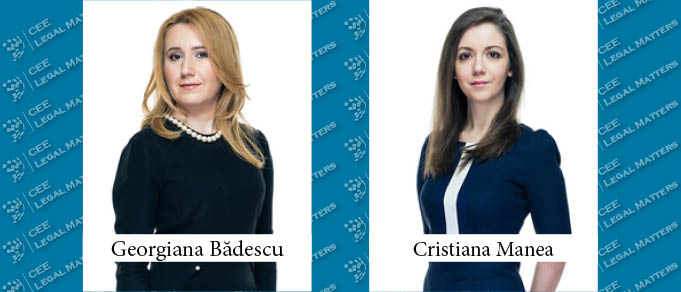Distribution agreements, also termed vertical agreements, are currently subject to a block exemption regime (the VBER) from the general antitrust prohibition. The VBER is due to expire on May 31, 2022. In this context, the European Commission has engaged in extensive public consultations and has already published a proposed new regime, the revised VBER and Vertical Guidelines, scheduled to enter into force on June 1, 2022. These are, in our view, the four key topics that suppliers should be aware of when preparing for the revised regime:
Dual Distribution
In the context of a surge in online sales, with an understandable peak during the pandemic, many producers and suppliers might end up competing with their own distribution network, at the retail level, by merely opening an e-shop for example. This business practice would qualify as “dual distribution”, with the supplier/producer selling not only through an independent distribution network, but also directly at retail level, where it becomes a direct competitor to its distributors.
While dual distribution is acknowledged under the current regime, the revised VBER comes with some important changes. The most important one is that, in addition to suppliers and producers, the safe harbor is extended to also cover wholesalers and importers, provided however that the parties’ aggregate market share for retail does not exceed 10%.
Additionally, dual distribution is in principle exempted, save for information exchanges, which still need to be assessed on a case-by-case basis. The so-called “by object” restrictions are not exempted either, such as the exchanges of future pricing information.
Non-compete Obligations
Typically, in order to be safe harbored, non-compete obligations should not exceed five years. The revised VBER again sets out a much more flexible framework, as tacitly renewable non-compete obligations (exceeding the five-year term) are also covered, if the buyer can effectively renegotiate or terminate the agreement with a reasonable notice period and at a reasonable cost.
Shared Exclusivity. Passing On Active Sales Restrictions
The current regime sets out very limited instances when active sales restrictions would be allowed, which usually results in challenges to tailoring distribution systems fit for business needs.
The revised VBER now includes a definition of active sales, aimed at assisting companies with interpreting the scope of such restrictions; additionally, it fosters the possibility for suppliers to appoint one or more exclusive distributors, in proportion to the exclusively allocated customer group or territory (the so-called “shared exclusivity”). Through this change, competition among distributors sharing exclusivity is likely to be increased, while also allowing a fair promotion of the investment incentives typically associated with exclusive distribution systems. The shared exclusivity is also likely to prevent the shielding of an entire member state (where one exclusive distributor had been appointed) from sales by other distributors, from other member states.
Under the current regime, the supplier cannot ask the buyer (distributor) to pass on active sales restrictions. This will change under the revised VBER, as the pass-on will become possible, provided however that the party to whom the restriction is passed on has concluded a distribution contract with the supplier or the distributor.
Online Intermediation
There are a number of changes addressing online intermediation and sales. We will only flag one extremely important change for online intermediation service providers: they are classified by the revised VBER as “suppliers”, irrespective of whether they are party to the transactions they facilitate. On this basis, special care should be paid to avoiding hard-core restrictions, such as price fixing (imposing fixed or minimum sale prices).
By Georgiana Badescu, Partner, and Cristiana Manea, Attorney at Law, Schoenherr
This Article was originally published in Issue 8.9 of the CEE Legal Matters Magazine. If you would like to receive a hard copy of the magazine, you can subscribe here.




